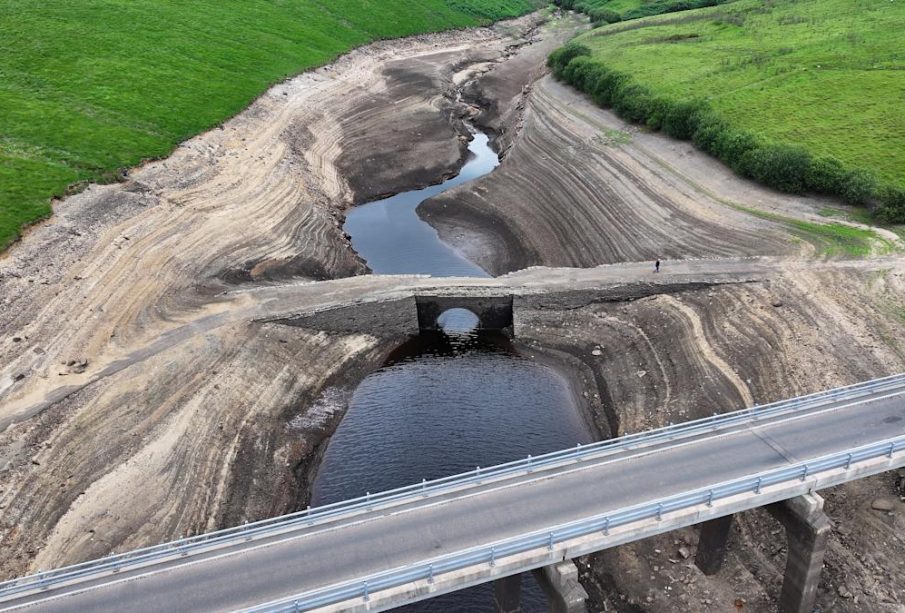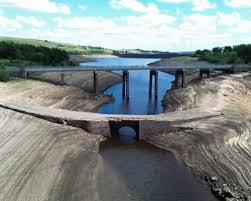Hosepipe Ban Implemented in Yorkshire Amid Drought Conditions

Introduction
The issue of water conservation has garnered significant attention in recent months, especially in regions experiencing persistent dry spells. Yorkshire has recently enforced a hosepipe ban for its residents, highlighting the growing concerns over freshwater availability and the need for responsible water use.
Details of the Hosepipe Ban
Starting from September 1, 2023, the Yorkshire Water Authority announced a hosepipe ban affecting millions of households across the region. This decision came in response to dwindling water levels in reservoirs and ongoing drought conditions attributed to a lack of rainfall over the summer months. The ban prohibits the use of hosepipes for activities such as watering gardens, cleaning cars, and filling swimming pools.
According to the latest data, reservoir levels in Yorkshire have dropped significantly, with some sources reporting a reduction of over 20% compared to seasonal averages. Yorkshire Water’s Chief Executive, Nicola Shaw, stated that the ban is essential to ensure that drinking water remains available for essential use and to protect the environment.
Public Reaction and Impacts
The public response to the hosepipe ban has been mixed. While some residents understand the necessity for water conservation, others have expressed frustration, particularly those with gardens that require regular watering. Local gardening communities have been advocating for alternative watering methods, such as using greywater or rainwater collection systems, to mitigate the impact of the ban.
Additionally, businesses relying on outdoor activities, such as car washes and garden centres, are concerned about the potential economic implications of the ban. The local authorities are urging residents to stay informed about their water usage and explore water-efficient practices to comply with the restrictions.
Looking Forward
As the situation progresses, Yorkshire Water has committed to ongoing monitoring and public engagement regarding water conservation efforts. Officials indicate that if rainfall does not improve in the coming months, the hosepipe ban may continue into the autumn or even winter seasons.
The hosepipe ban in Yorkshire serves as a crucial reminder of the importance of sustainable water management, especially in times of climate variability. Residents are encouraged to remain vigilant in their water usage to ensure that future supply challenges can be adequately addressed.
Conclusion
In conclusion, the hosepipe ban in Yorkshire highlights the pressing issue of water conservation amidst a changing climate. As communities adapt to these restrictions, it remains vital for individuals and businesses alike to consider sustainable practices that ensure water resilience for the future.









